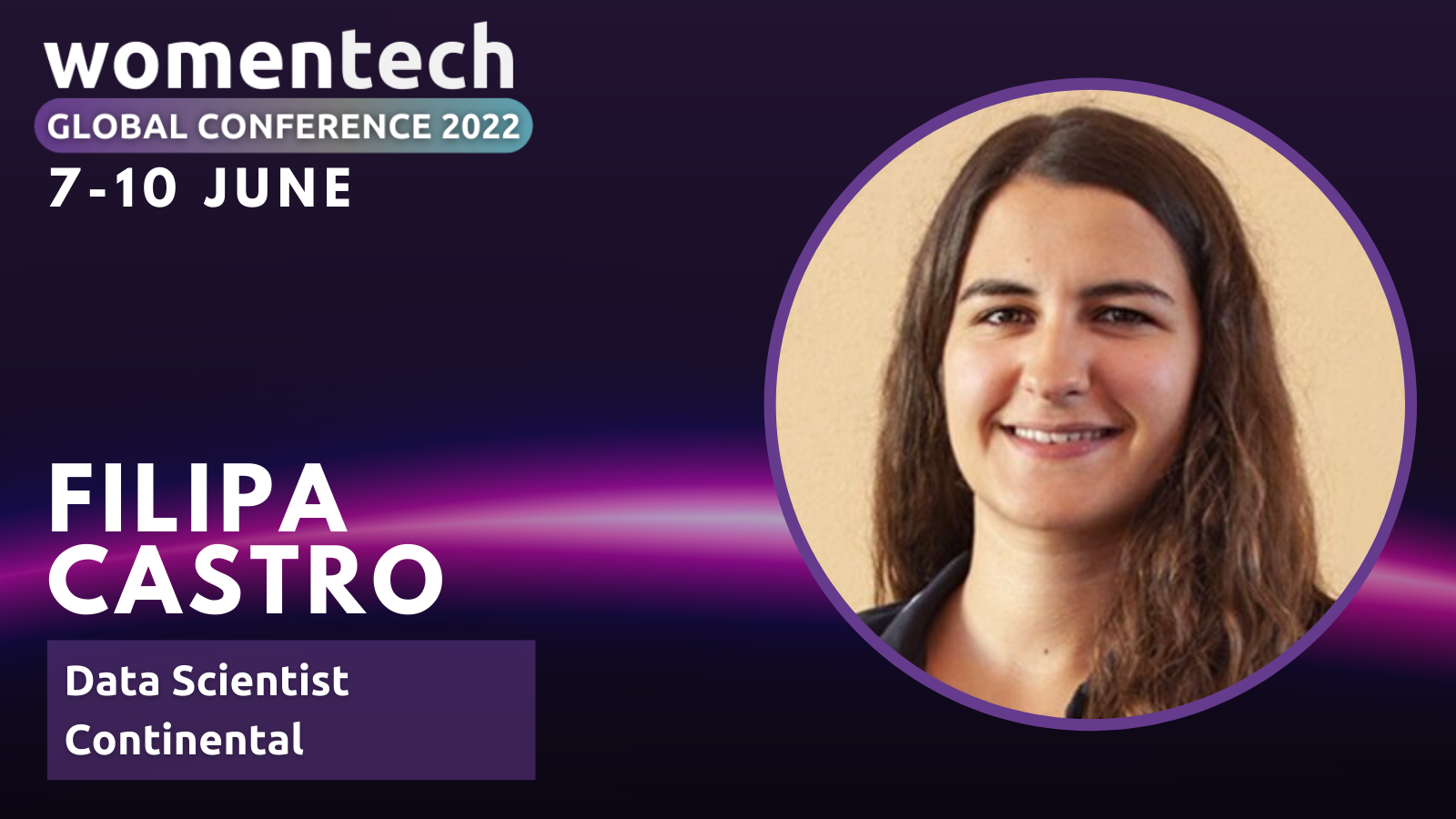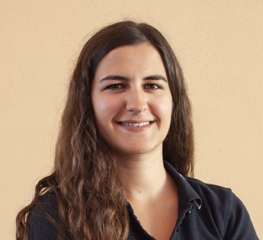Vote by Sharing
Unite 100 000 Women in Tech to Drive Change with Purpose and Impact.
Do you want to see this session? Help increase the sharing count and the session visibility. Sessions with +10 votes will be available to career ticket holders.
Please note that it might take some time until your share & vote is reflected.
Session: Traditional Software vs Machine Learning Software
Smart digital products, such as Alexa and autonomous cars, are taking over our lives. The development of such products, which are based on machine learning (ML) and artificial intelligence (AI) features, brings new challenges to the table.In contrast to traditional software, the results of a ML model are not deterministic. Thus, managing expectations and setting clear requirements is key for the project kick-off. The expected performance of the ML models must be realistic and well defined. State of the art methods and human performance should be used as baselines.
Just as humans do, smart products might fail sometimes. It’s then essential to carefully design these applications, so that errors are transparent, well understood and tolerated by the user.
More than ever, ethics is a real concern. Topics such as data protection need to be intensively discussed and taken into account. Model bias needs to be measured and mitigated.
In this talk, we’ll go through real use cases that prove how challenging it is to build ML products. This will include tips and best practices for dealing with such challenges.
Key Takeaways
- Learn to identify and recognize the main challenges of building ML software, in contrast to traditional software
- Learn how to deal with the uncertainty of building ML software, especially get some tips on how to manage expectations and set realitistic goals for the project
- Find which type of approaches big companies can follow to manage ML projects, from consulting to prototyping and deployment of real solutions
- Learn about the main differences on designing a ML product vs a traditional software product, and understand the impact in the user experience
- Get introduced to data protection and model bias issues, which need to be intensively discussed and taken into account when building ML software
Bio
Filipa Castro has worked as a data scientist since the beginning of her career. She started by developing autonomous solutions for the subsea environment and then moved to the surface, as she is currently working for the automotive industry. Apart from work, she belongs to the Lead Team of Data Science for Social Good Portugal (DSSG PT). After several years developing AI features under different contexts, and for different purposes, Filipa brings a comprehensive overview on the challenges of building machine learning based products.


